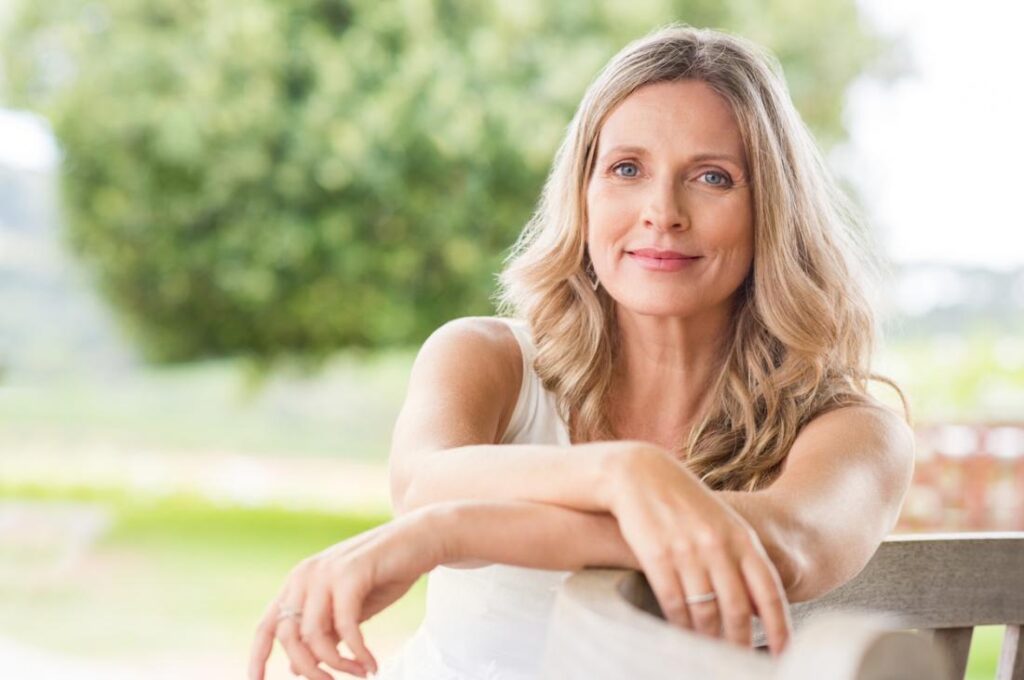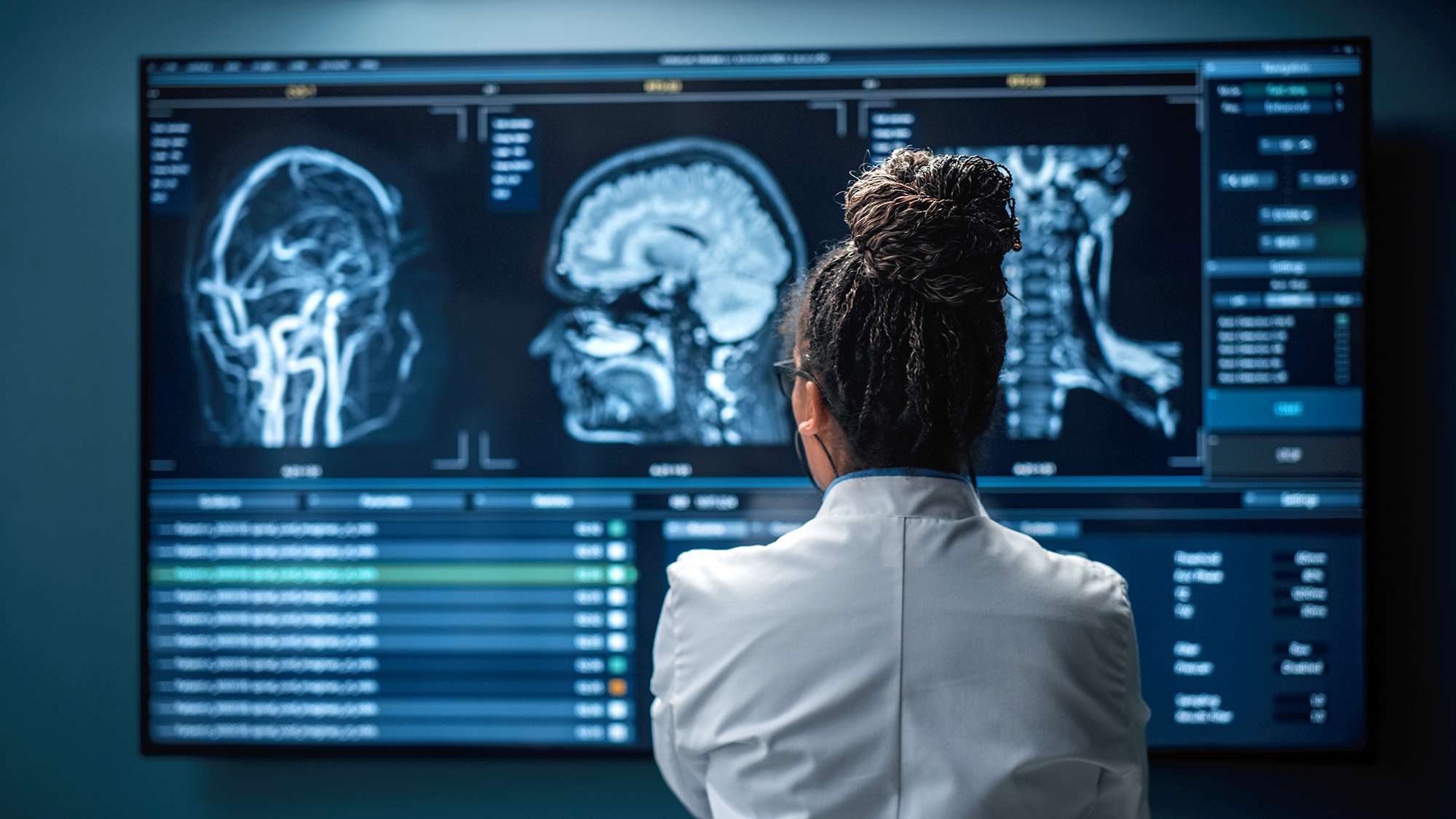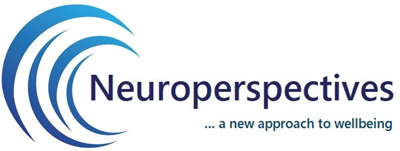Menoperspectives Programme
Prioritise your mental, emotional and physical wellbeing during this time of change and develop a healthy and optimistic perspective on the opportunities that this time of life offers.
Menopause generally lasts between 8 to 10 years, during which time women experience numerous hormonal changes. An understanding of these changes and how they affect mental/emotional and physical health is a vital.
Approaching menopause with knowledge and a healthy perspective can enable women not only to successfully transition through this natural phase of their lives, but to use this time of change as a catalyst for profound personal growth and an opportunity to clarify personal, life and career objectives for the next chapter of their lives.
Menoperspective Programme Features :
- Pre-programme individual consultation via Zoom
- Pre-programme psychosocial and personality assessments
- Two full day, interactive and in-depth workshops which explore the cognitive, behavioural, physical and psychosocial elements of perimenopause and menopause including :
- Personality, emotional intelligence, personal resilience and stress tolerance
- Susceptibility factors contributing to mental, emotional and physical distress during this time of change
- Preventative strategies to support and maintain personal mental and emotional health
- How to recognize early indications of mental and emotional distress and immediate interventions which prevent distress from escalating
- How to have conversations around this topic with family, friends and employers
- How to recognise personal psychological symptoms of anxiety, depression, and stress and support strategies to deal with these
- Personal integration of strategies that support your mental and emotional health
- How to develop a healthy and optimistic perspective on the opportunities this time of life offers and formulation of present and future life plan
- 3 nights luxury accommodation and fine dining in a stunning 5 star resort with state of the art leisure facilities including swimming pools, spa and fitness centre
- Welcome reception on evening of arrival followed by dinner
- Special Farewell Dinner
- Post-programme consultation via Zoom
- Ongoing consultations as required
- NOTE : For individuals who live within commuting distance, a non residential rate is available, please Email for details.
Menopause and Emotional/Mental Health
During perimenopause and menopause women commonly report feeling an increase in anxiety and depression, a negative impact on emotions and a negative impact on self-worth (O’Reilly et al., 2023)
Frequently mentioned symptoms also include cognitive and mood changes (Hogervorst et al., 2022)
In comparison to other age groups of women, women in middle age experience significant increases in anxiety, depression, substance abuse, post-traumatic stress disorder and as a demographic cohort, have a high suicide rate (Kulkarni et al., 2024)


Menopause and the Brain
During menopause, women experience gonadal hormone shifts. Oestrogen, testosterone and progesterone levels fluctuate during menopause Herson & Kulkarni, 2022)
A common misconception is that these hormones predominantly impact on uterus, ovaries and breast tissue however oestrogen is involved with the modulation of neurotransmitters such as dopamine, glutamate, acetylcholine serotonin, γ-aminobutyric acid (GABA) and the opioid pathways in the brain; all of which determine cognition and mood (Barth et al., 2015)
Oestrogen also has a role in maintaining neural circuits and synapses (Bustamante-Barrientos et al., 2021). The GABA-ergic system, which is vital for anxiety moderation, is affected by progesterone (Bitran et al., 1995). Testosterone also modulates these key neurotransmitter systems, including libido (Giannini et al., 2021)
Menopause and the Workplace
In Western countries, the percentage of women who are working full time is steadily rising, retirement age is increasing and menopause is a natural part of women’s working lives. However, employers and women have little understanding of menopause. As a result, employers are unaware of the initiatives they can take to support women’s working environment in this regard and women often do not raise this as an issue (Verdonk et al. 2022)


Typical Daily Schedule
- Optional morning activities (meditation, yoga, gym, swimming, walks)
- Breakfast
- Morning Workshop 9.00am to 12.30pm
- Lunch 12.30pm to 1.30pm
- Afternoon Workshop 1.30pm to 5.00pm
- Free time 5.00pm to 7.00pm (spa treatment, swimming, gym, walks)
- Drinks reception 7.00pm
- Dinner 8.00pm
Personal Time
It is important that participants have some personal time to reflect on what we have covered, socialise and unwind. From 5pm to 7pm participants are free to engage in a wide variety of activities or simply relax and enjoy the resort.

